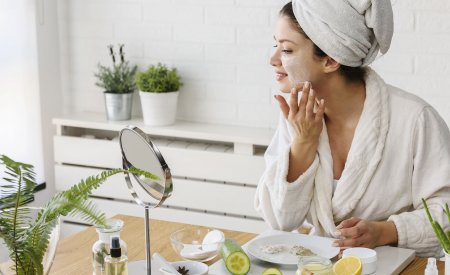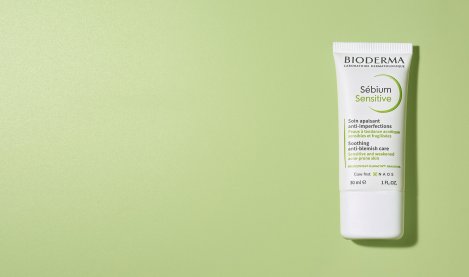Believing that something has an effect can help, just like all beliefs…
“It is better to believe if this keeps you motivated. The problem isn’t the belief itself - this is a defence mechanism that is harmless and adapted to the situation. The problem occurs if this stops you from following a “real” treatment that is medically proven. This applies to all dermatological conditions and, more generally, health. These approaches can be complementary. But if the skin is very inflamed and requires isotretinoin, then that is what you need to take.“
For me, there is no reason to eliminate miracle treatments that you believe in
"Some patients think that certain products are going to do them good. If there is no dermatological counter-indication, why not? So much the better if it helps, provided that the patient also follows the doctor’s recommendations. I am not opposed to these remedies as long as they are compatible with a classic treatment, if it is required."
Joël Pacoret, Psychologist, Paris (France)





